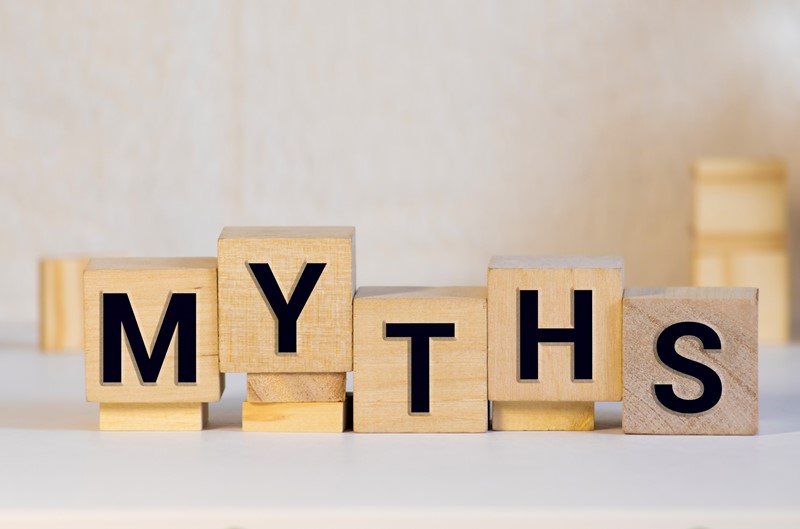In a recent press release, HMRC addressed some common misconceptions about who needs to file a self-assessment return before the 31 January 2025 deadline and clarifies some of the most widespread myths.
The press release seeks to dispel the following myths:
Myth 1: “HMRC hasn’t been in touch, so I don’t need to file a tax return.”
Reality: It is the individual’s responsibility to determine if they need to complete a tax return for the 2023 to 2024 tax year. There are many reasons why someone might need to register for self-assessment and file a return, including if they:
- are newly self-employed and have earned gross income over £1,000;
- earned below £1,000 and wish to pay Class 2 National Insurance Contributions voluntarily to protect their entitlement to State Pension and certain benefits;
- are a new partner in a business partnership;
- have received any untaxed income over £2,500; or
- receive Child Benefit payments and need to pay the High Income Child Benefit Charge because they or their partner earned more than £50,000 (this limit increases to £60,000 for 2024-25).
Myth 2: “I have to pay the tax at the same time as filing my return.”
Reality: False. Even if someone files their return today, the deadline for customers to pay any tax owed for the 2023-24 tax year is 31 January 2025.
Myth 3: “I don’t owe any tax, so I don’t need to file a return.”
Reality: Even if a taxpayer does not owe tax, they may still need to file a self-assessment return to claim a tax refund, claim tax relief on business expenses, charitable donations, pension contributions, or to pay voluntary Class 2 National Insurance Contributions to protect their entitlement to certain benefits and the State Pension.
Myth 4: “HMRC will take me out of self-assessment if I no longer need to file a return.”
Reality: It is important taxpayers tell HMRC if they have either stopped being self-employed or they don’t need to fill in a return, particularly if they have received a notice to file. If not, HMRC will keep writing to them to remind them to file their return and we may charge a penalty.
Taxpayers may not need to complete a tax return if they have stopped renting out property, no longer need to pay the High Income Child Benefit Charge, or their income has dropped below the £150,000 threshold and have no other reason to complete a tax return.
Myth 5: “HMRC has launched a crackdown on people selling their possessions online and now I will have to file a self-assessment return and pay tax on the items I sold after clearing out the attic.”
Reality: Despite speculation online earlier this year, tax rules have not changed in this area. If someone has sold old clothes, books, CDs and other personal items through online marketplaces, they do not need to file a self-assessment return and pay Income Tax on the sales.
It should be noted that you are required to notify HMRC by 5 October 2024 if you need to submit a self-assessment tax return for the 2023-24 tax year and haven't done so previously.



